Cuba president: US pursues economic suffocation policy to provoke social unrest in Cuba
Cuban President Miguel Diaz-Canel has accused the United States of provoking social unrest through heavy economic pressure on the Caribbean island nation in the wake of anti-government protests in major cities.
The protest rallies started in several cities over the weekend, drawing thousands of people to the streets to voice their grievances against President Miguel Diaz-Canel’s government at a time that Cuba is going through its worst economic crisis in 30 years, with chronic shortages of electricity and food exacerbated by hefty US sanctions.
Diaz-Canel on Monday blamed the chaotic situation on the United States for pursuing a "policy of economic suffocation to provoke social unrest in the country."
"We call on all revolutionaries of the country, all communists, to go out in the streets where these provocations occur... and to face them in a decisive, firm and courageous way," the Cuban president said, adding, "The order to fight has been given -- into the street, revolutionaries!"
Several hundred protesters marched through the capital Havana a day earlier, chanting, “We want liberty,” with a heavy military and police presence.
Reports said police used tear gas to disperse the crowds; and at least ten people were arrested.
The Cuban government blames the economic woes mainly on US sanctions and the coronavirus pandemic.
The United States has maintained a harsh economic, financial and commercial embargo against Cuba for more than 60 years. Numerous resolutions by the United Nations General Assembly have indicated that the blockade is against international law.
In a televised address on Monday, Diaz-Canel said the tightening US sanctions in recent years had led to a shortage in medicine, power outages and other economic shortcomings.
He also blamed a social media campaign for weaponizing the shortages against what he referred to as Communist-run Cuba revolution.
Diaz-Canel denounced vandalism across various cities during the weekend protests, which have been Cuba's biggest anti-government demonstrations in decades.
"They threw stones at foreign currency shops, they stole items ... and at police forces, they turned over cars – a totally vulgar, indecent and delinquent behavior," he said.
Cuba's FM accuses US-financed mercenaries of fomenting unrest
Meanwhile, Cuba's Foreign Minister Bruno Rodriguez said on Monday that US-financed mercenaries had instigated unrest ahead of the weekend protests with a media strategy disguised as a social media campaign that called for humanitarian aid.
"Yesterday in Cuba there was no social uprising, yesterday in Cuba there was disorder, disturbances caused by a communicational operation that had been prepared for some time and to which millions had been dedicated," Bruno said during a televised government briefing.
Washington has reacted to developments in Cuba and expressed support for the anti-government protests.
US President Joe Biden said on Monday that the United States stands with the people of Cuba in their call for freedom and relief from the coronavirus pandemic and what he claimed as “decades of repression.”
"The Cuban people are bravely asserting fundamental and universal rights. Those rights, including the right of peaceful protest and the right to freely determine their own future, must be respected," Biden said.
The US president called on the Cuban government “to hear their people and serve their needs at this vital moment."
Moreover, US National Security Advisor Jake Sullivan said in a tweet, “The US supports freedom of expression and assembly across Cuba, and would strongly condemn any violence or targeting of peaceful protesters who are exercising their universal rights.”
Public anger in Cuba has grown recently, driven by long food lines, worsening power shortages for several hours a day and a critical shortage of medicines since the start of the Covid-19 crisis.
The country is experiencing its toughest phase yet of the pandemic.
The Cuban government has reiterated that the US embargo is impeding the country’s ability to purchase equipment and other supplies to deal with COVID-19 and is worsening the pandemic.
Mexico calls for end to Cuba trade embargo
Separately on Monday, Mexican President Andres Manuel Lopez Obrador said the US economic embargo of Cuba should end in order for aid to be sent to Cubans.
"The truth is that if one wanted to help Cuba, the first thing that should be done is to suspend the blockade of Cuba as the majority of countries in the world are asking," Lopez Obrador told a news conference.
"That would be a truly humanitarian gesture," he added. "No country in the world should be fenced in, blockaded."
The Mexican president expressed solidarity with the Cuban people and urged countries not to intervene in Havana’s affairs, nor to exploit the situation for political ends.
Urging a peaceful resolution to the protests, Lopez Obrador said Mexico would be ready to send medicines, vaccines and food to Cuba upon request.
US lawmaker blasts attorney general for ‘lying under oath’ over handling of Epstein probe
Iran received no concrete US proposal in Oman talks: Security chief
Nouri al-Maliki defends Hashd al-Shaabi as inseparable part of Iraqi security system
British PM Keir Starmer faces calls to resign
Iran’s Kowsar satellite beams Islamic Revolution anniversary message across region
VIDEO | Press TV's news headlines
VIDEO | Indian regions celebrate Iran’s Islamic Revolution anniversary
Iran’s missile program will never be on negotiating table: Shamkhani


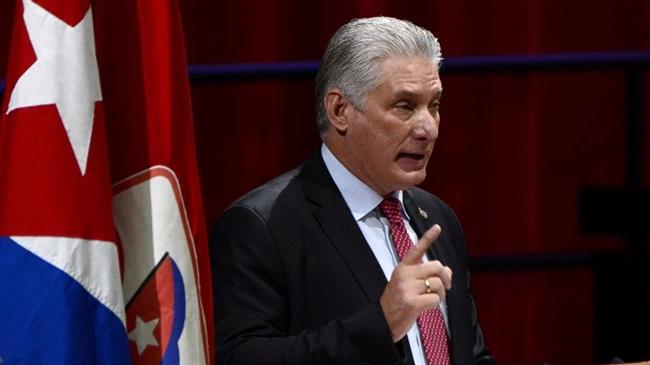
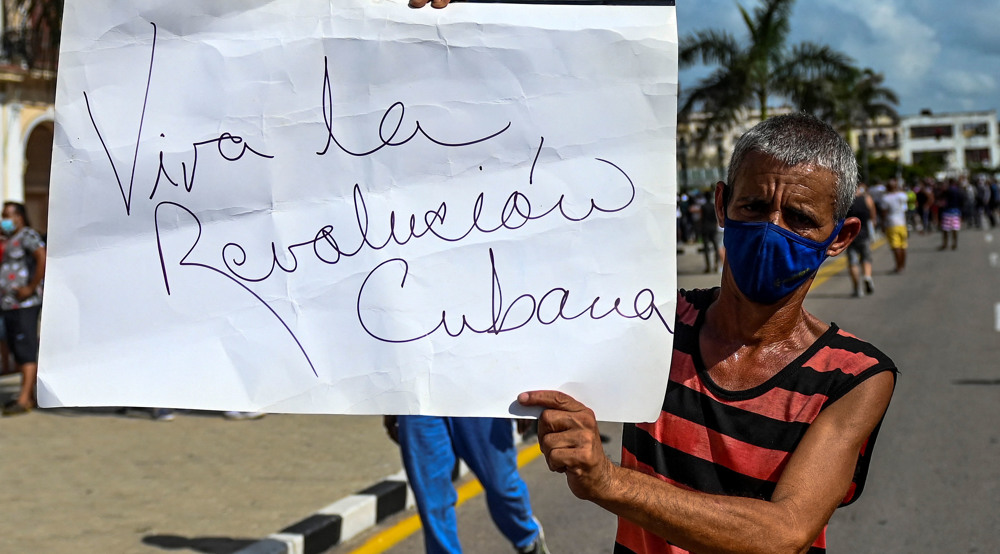
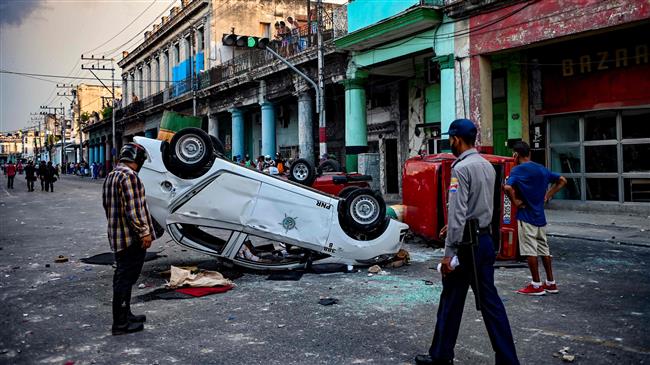
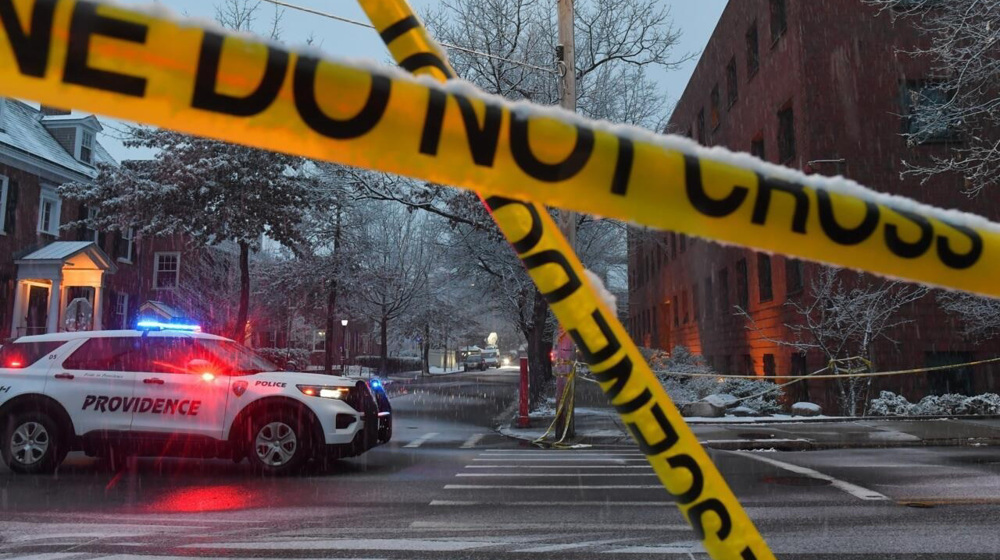
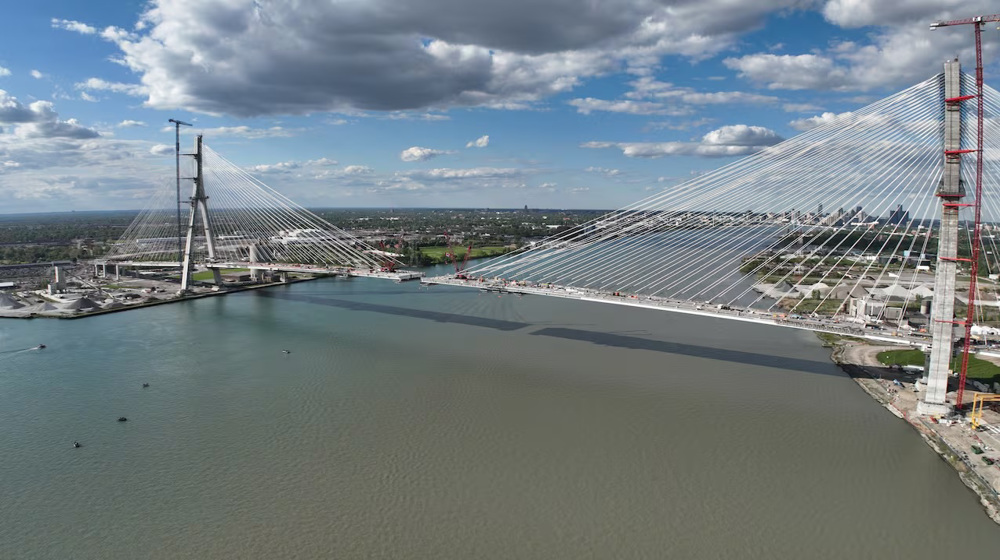
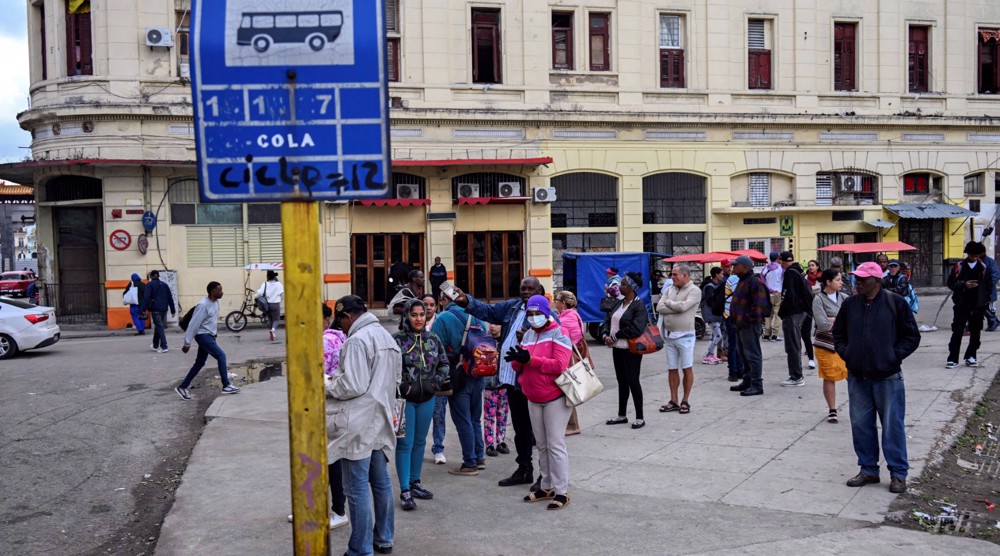




 This makes it easy to access the Press TV website
This makes it easy to access the Press TV website